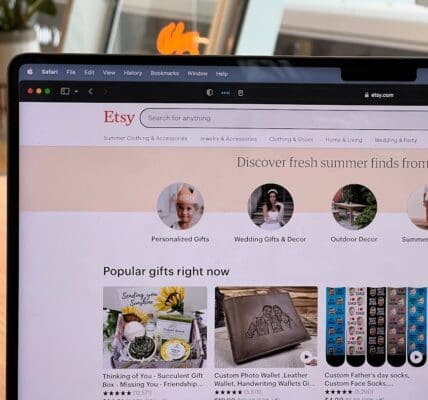In a bold move that highlights the continuing evolution of the retail industry, Nordstrom Inc.’s founding family has proposed a $3.76 billion plan to take the 123-year-old department store chain private. This ambitious initiative, led by Erik Nordstrom, the company’s CEO, and his brother Peter Nordstrom, who serves as president, seeks to provide the retailer with more strategic flexibility away from the scrutiny and pressures of public markets.
At the heart of this proposal is a bid of $23 per share in cash for the remaining shares of Nordstrom that the family and its partners do not already own. Given that family members currently possess approximately 33.4% of the company, the proposed transaction would bring their total ownership to 50.1%, with the Mexican retail giant El Puerto de Liverpool, which holds a 9.6% stake, owning the remaining shares.
This is not the first attempt by the Nordstrom family to gain full control of their legacy. Six years ago, an offer was made at $50 per share, valuing the company at $8.4 billion. However, that offer was deemed insufficient by a specially formed committee of independent directors at the time, leading to the deal’s collapse. Faced with a competitive retail landscape marked by declining foot traffic and online transformation, the Nordstrom family’s current bid reflects a strategic pivot aimed at stabilizing and revitalizing the brand.
The proposal follows a growing trend where retail giants are considering private ownership to better navigate market challenges. For instance, Macy’s Inc. recently ended negotiations to accept an investor deal, emphasizing the complexities involved in securing compelling offers in today’s retail environment.
According to Digital Commerce 360, Nordstrom currently ranks No. 21 among the largest online retailers in North America, reflecting its significant presence in the e-commerce sphere. Projected online sales are expected to reach $4.61 billion in 2024, underlining the company’s growth in a segment that many retailers are vying to dominate. However, with increasing competition, maintaining market share and improving customer experience are vital areas of focus.
A glance at the numbers shows that while Nordstrom has faced challenges, it is gradually stabilizing. For example, in the second quarter of 2024, there was a modest decline of only 0.6% in sales compared to the same period in 2019. In stark contrast, rivals such as Macy’s and Kohl’s have seen much steeper declines of 11% and 15.4%, respectively. Furthermore, during Q2 2024, Nordstrom reported a 3.4% increase in net sales, achieving $3.8 billion.
Indeed, online sales now account for 37% of Nordstrom’s total revenue, reflecting a positive trend that CEO Erik Nordstrom has emphasized. In particular, digital sales saw a 6% increase in net sales during the most recent quarter, illustrating the brand’s ongoing commitment to enhancing its online presence.
The parent company’s Nordstrom Rack stores also demonstrate continued strength, with sales jumping 8.8% in the most recent quarter and comparable sales rising by 4.1%. These figures suggest that the retailer is successfully adapting its business model to meet evolving consumer preferences, particularly as more shoppers increasingly turn to online and discount options for their fashion needs.
In evaluating the family’s current takeover proposal, it remains imperative for the special committee—composed of independent directors—to thoroughly consult with external financial and legal advisors to ensure that the offer aligns with the best interests of all shareholders. The particularly thin margin in the price compared to the current stock price raises questions about valuation; the $23-per-share bid offers only a nominal premium over Nordstrom’s recent stock price of $22.
As this situation continues to unfold, it will be essential for stakeholders to carefully consider the implications of such a significant strategic shift. The Nordstrom family’s proposed takeover is emblematic of a broader trend in the retail sector, wherein established companies seek a path to a sustainable future, devoid of the immediate pressures faced in public marketplaces.
In conclusion, while the Nordstrom family perceives taking the company private as a strategy for focusing on long-term growth, the ultimate decision rests with the board’s special committee, which needs to balance both the interests of shareholders and the future direction of an iconic American retailer in a rapidly changing market.












